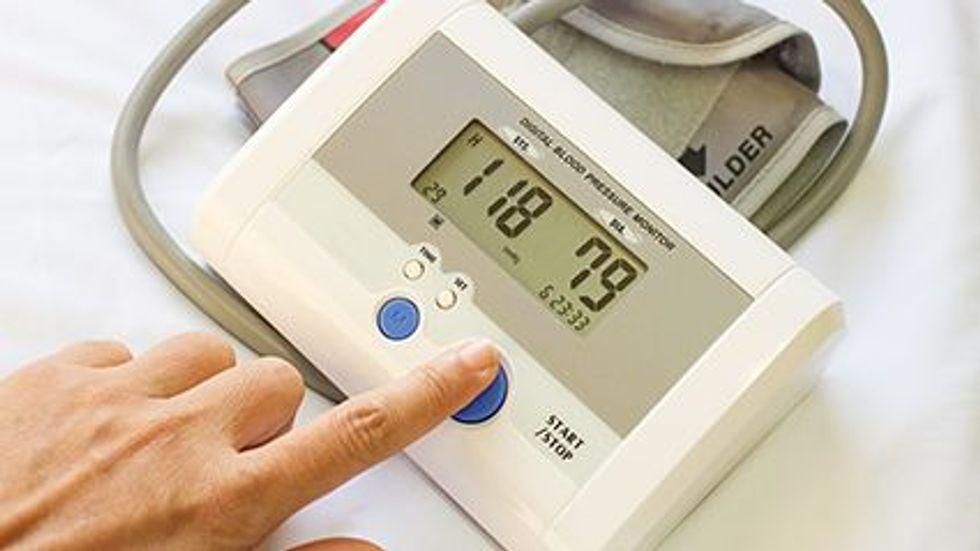
If you are over 50 and you have high blood pressure or a health condition for which blood pressure control is essential, at-home blood pressure checks can avert medical emergencies.
The trouble is that too few of these people actually perform them, a new survey reveals.
“This poll shows that we have more work to do to encourage older adults with certain chronic health conditions to monitor their blood pressure,” said Alison Bryant, senior vice president of research for AARP. “We know that the risk of high blood pressure increases with age, so this is an important topic for older adults to discuss with a health provider.”
The National Poll on Healthy Aging from the University of Michigan Institute for Healthcare Policy and Innovation surveyed more than 2,000 adults aged 50 to 80. It found that 60% said they were either taking medication to control their blood pressure or had a chronic health condition that requires blood pressure control, such as a history of stroke, heart disease, heart failure, diabetes or chronic kidney disease.
Of those patients, the 74% who said they had a home blood pressure monitor were more likely to check their blood pressure at home than those without a monitor.
But fewer than half of survey respondents with both a blood pressure-related health condition and a home blood pressure monitor said they checked their blood pressure at least once a week, and 19% said they never used their monitor.
Only about two-thirds of those who had blood pressure-related health conditions who said their health providers encouraged them to check their blood pressure regularly did, according to the poll.
Of the older adults who said they check their blood pressure at home regularly, only 50% share the readings with a health provider.
Of those with blood pressure-related health conditions who didn’t have a home blood pressure monitor, 54% said it was because they didn’t think they needed it or had never considered it.
“For people with these chronic health conditions, having uncontrolled high blood pressure can substantially increase the risk of death, stroke, heart attack, diabetes complications and kidney failure. That’s why national guidelines call for them to check their blood pressures regularly,” Dr. Deborah Levine, a blood pressure researcher at the University of Michigan, said in a university news release.
“The more that people with these health conditions can monitor their blood pressure between appointments with their doctor, nurse practitioner or other provider, and share readings digitally or over the phone, the more information their provider will have to counsel and treat them,” said Michigan Medicine neurologist Dr. Mellanie Springer, who worked with Levine on the poll.
More information
The American Heart Association has more on home blood pressure monitoring.
SOURCE: University of Michigan, news release, Oct. 7, 2021
Source: HealthDay

Leave a Reply